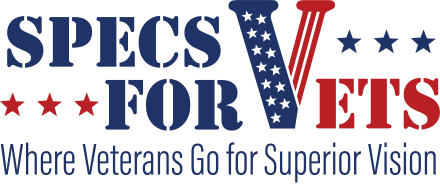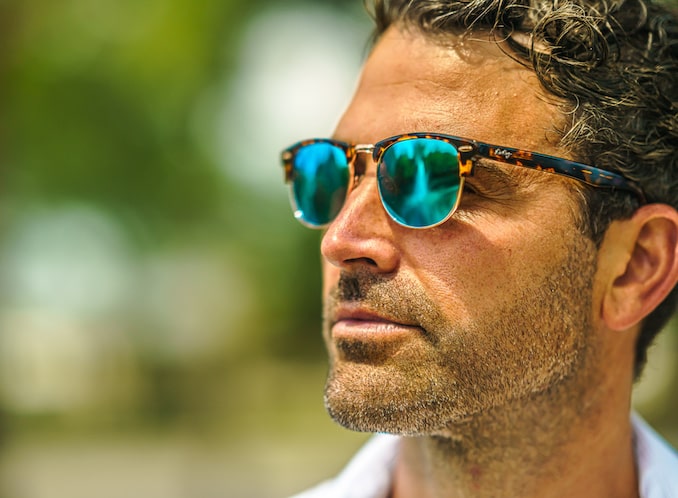Supporting Our Heroes: Veterans Dealing with Anxiety and Depression
Introduction:
Our veterans put their lives on the line to protect our nation and its values, facing numerous challenges and traumas during their service. Unfortunately, the toll of war doesn’t end on the battlefield. Many veterans struggle with the invisible wounds of anxiety and depression, affecting their ability to reintegrate into civilian life. In this blog post, we will explore the experiences of veterans dealing with anxiety and depression, the factors contributing to mental health issues, and the crucial support systems available for our heroes.
1. Understanding the Challenges:
a. Post-Traumatic Stress Disorder (PTSD): One of the most prevalent mental health conditions among veterans is PTSD. The experiences of combat, witnessing traumatic events, and the loss of comrades can trigger this condition. Veterans with PTSD may exhibit symptoms such as intrusive memories, flashbacks, nightmares, hypervigilance, and avoidance behaviors.

b. Anxiety Disorders: Apart from PTSD, veterans may also struggle with generalized anxiety disorder (GAD), panic disorder, or social anxiety disorder. These conditions can make it difficult for veterans to adjust to civilian life due to persistent worrying, panic attacks, and avoidance of certain situations.
c. Depression: Feelings of sadness, hopelessness, loss of interest, and difficulty in managing daily activities can be signs of depression. For veterans, depression can be linked to a range of factors like unresolved trauma, adjusting to civilian life, or the challenges of navigating a new routine after intense military service.
2. Contributing Factors:
a. Traumatic Events: Veterans may have experienced life-threatening situations, lost colleagues in combat, or witnessed the suffering of innocent civilians. These experiences can leave lasting emotional scars and increase the risk of anxiety and depression.

b. Transition Challenges: Reintegration into civilian life, finding employment, and reconnecting with loved ones can be significant stressors for veterans. The sudden change in routine and expectations may exacerbate underlying mental health issues.
c. Stigma and Misunderstandings: Unfortunately, there still exists a societal stigma surrounding mental health, which may prevent veterans from seeking help. Personal beliefs or concerns about the impact on their military career can also act as barriers to seeking treatment.
3. Support Systems:
a. Mental Health Services: Organizations like the Department of Veterans Affairs (VA) offer a range of mental health services to support veterans. These services may include therapy, counseling, medication management, and support groups specifically tailored to address their unique needs.
b. Peer Support: Connecting with fellow veterans who have gone through similar experiences can be immensely helpful. Programs like the Veterans Crisis Line, local veteran organizations, or online forums provide a platform for veterans to share their stories, seek support, and find a sense of camaraderie.

c. Holistic Approaches: Complementary therapies, such as mindfulness practices, yoga, art therapy, and animal-assisted therapy, have shown positive effects in easing anxiety and depression symptoms for veterans. Engaging in physical activities and maintaining a healthy lifestyle can also be beneficial.
Conclusion:
It is our moral obligation to ensure that our brave veterans receive the care and support they deserve after their service. By raising awareness about the challenges veterans face regarding anxiety and depression, we can foster empathy, dismantle stigmas, and promote a supportive environment. With timely intervention, access to mental health services, and the collective effort of society, we can help our heroes heal and thrive in their post-service lives. Let’s stand united in our commitment to support those who have sacrificed so much for our freedom.








